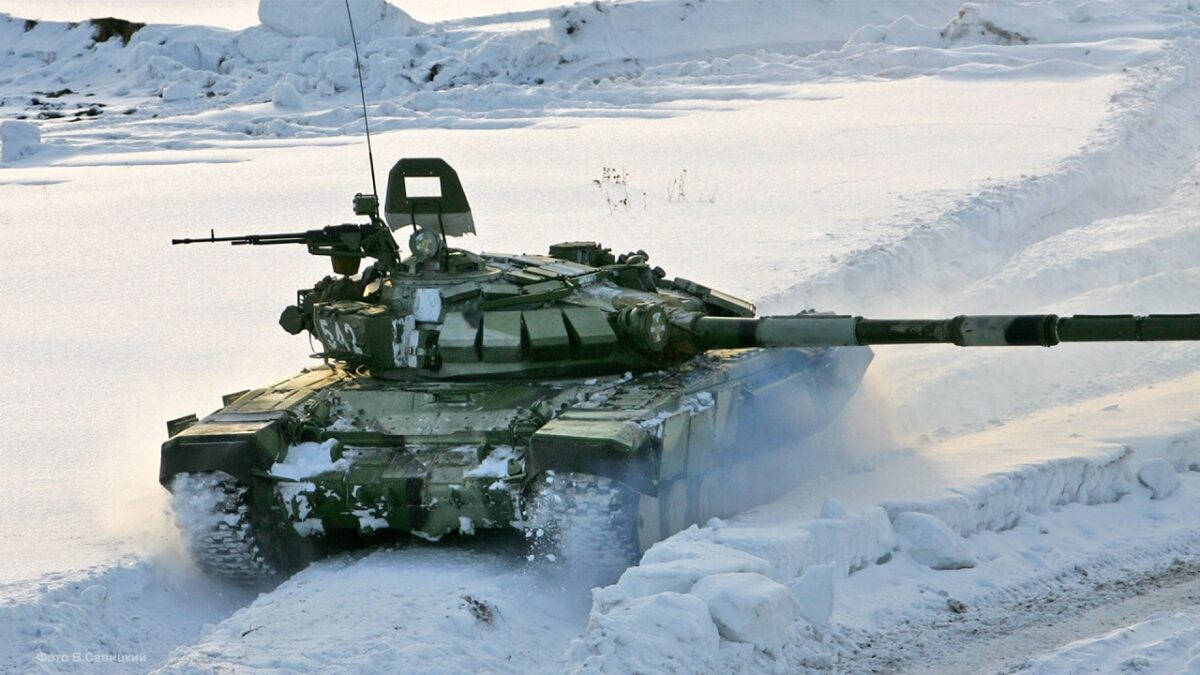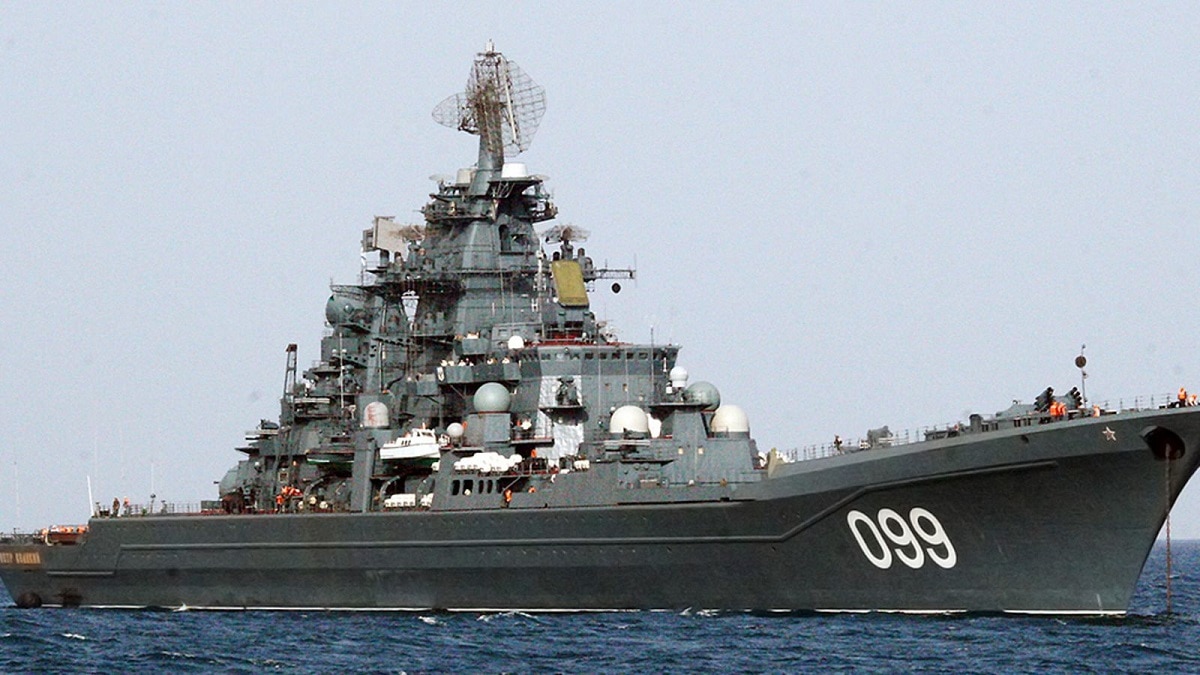Russia Just Rejoined the Grain Deal: Russia made a dramatic U-turn this week on its recent decision to renege on the United Nations-brokered grain deal last week. The Kremlin said over the weekend that Russian forces would not allow more grain ships to leave Ukraine’s southern shores, citing Ukraine’s recent attack on the Russian Black Sea fleet.

T-90 tank in the snow. Image Credit: Creative Commons.
The decision immediately sparked concern that food shortages in Africa may not be prevented after all, but Russia quickly reversed the policy and announced on Wednesday that its military will once again ensure the safe passage of ships carrying vital food exports from Ukraine. The decision was announced by Russia’s Ministry of Defense in a Telegram post on Wednesday.
“The Russian Federation considers that the guarantees received at the moment seem sufficient and resumes the implementation of the agreement,” the statement reads.
No additional information about the grain deal, or the Kremlin’s decision to return to the agreement, was provided in the same statement.
In Again, Out Again
This isn’t the first time that Russia has cast doubt on the longevity of the grain shipment deal. In September, barely two months after the agreement was reached, the Kremlin threatened to withdraw from the deal and claimed that the grain wasn’t being sent to countries that need it most.
“Let’s really hope that a significant part of it—so far this has not been achieved—will still go through the U.N. food program for the poorest countries,” Vladimir Putin said at the time.
The Russian president also claimed that “almost all” of the grain was reaching rich countries, but his claims were quickly disproven when data compiled by an independent group monitoring shipments in Istanbul, Turkey, showed that 30% of the grain had reached “low and middle-income countries.”
Why Now?
Nobody really knows what is going on in the Kremlin.
Ultimately, the benefits of agreeing to the grain deal for Russia are fairly marginal. The longer Russia blocked the ships from leaving the port, the more likely that food shortages could arise in the poorest parts of Africa. Being responsible for food shortages is not a good look for any country, and while it may hurt Russia’s reputation on the global stage, the effect would be negligible given the overwhelming global opposition to the war in Ukraine.
Allowing the safe passage of the ships out of the ports in the Black Sea also presented a challenge for Russia’s Black Sea fleet, requiring Russian naval forces to reposition ships in a way that allows them to maintain dominance on the Black Sea coast while also allowing ships to leave and re-enter the ports.
More From 19FortyFive
Department of Defense: Russia’s PAK DA Stealth Bomber Will Never Fly
Iran to Send More Drones and Missiles to Russia
Is Russia Considering Using Tactical Nuclear Weapons?
Threatening to leave the agreement, therefore, makes sense. At the same time, though, Russia’s Black Sea fleet has been severely weakened by Ukrainian strikes in recent months, and enforcing a blockade on the coast has become so difficult that Russian forces resorted this week to launching strikes on civilian tugboats.
This could be a matter of Russia simply not having the resources to enforce a blockade, while also reminding the West that the Kremlin is willing to pull the plug on the agreement at any time.
Jack Buckby is a British author, counter-extremism researcher, and journalist based in New York. Reporting on the U.K., Europe, and the U.S., he works to analyze and understand left-wing and right-wing radicalization, and reports on Western governments’ approaches to the pressing issues of today. His books and research papers explore these themes and propose pragmatic solutions to our increasingly polarized society.
Want More 19FortyFive articles, news, and analysis on the top military, defense, national security, as well as politics and economics news? Follow us on Google News, Flipboard, YouTube, Facebook, Twitter, and Linkedin. Also, please don’t forget to sign up for our newsletter here. You can also find our code of publishing ethics and standards here.

